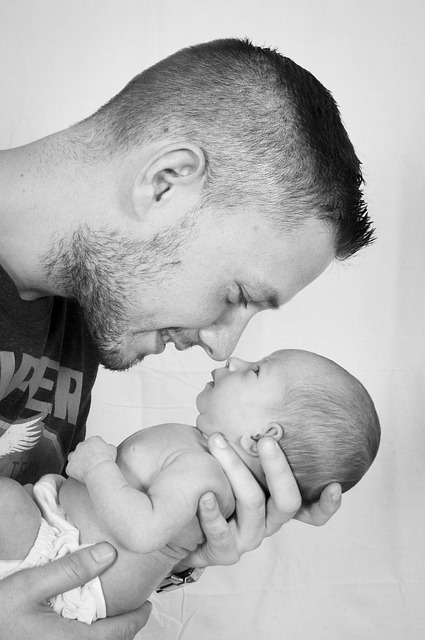DHS child welfare cases involve a multi-faceted system aimed at protecting vulnerable kids in at-risk families. When DHS suspects abuse, neglect, or exploitation, social workers conduct thorough investigations and collaborate with community resources to provide support. The goal is to stabilize families, address issues like substance abuse, and promote long-term well-being. A robust defense strategy, including documentation gathering, open communication, and building a support system, helps protect family interests. Legal representatives safeguard rights and ensure fair hearings, while counseling and social workers address underlying stability issues, aiming for positive outcomes for both children and parents in DHS child welfare cases.
In the complex landscape of DHS child welfare cases, protecting family rights is paramount. This article navigates the intricate world of these proceedings, offering insights into their unique challenges. We explore effective defense strategies for families, highlighting the crucial role of legal representatives and support services in ensuring fairness. Understanding DHS child welfare cases is essential, as it empowers families to advocate for themselves and safeguard their future.
- Understanding DHS Child Welfare Cases: A Glimpse into the System
- Strategies for Effective Defense in Family Matters
- The Role of Legal Representatives and Support Services
Understanding DHS Child Welfare Cases: A Glimpse into the System

DHS child welfare cases involve complex processes aimed at protecting and nurturing vulnerable children within families facing various challenges. These cases are initiated when a state’s Department of Health and Human Services (DHS) receives reports or has reason to believe that a child is at risk of abuse, neglect, or exploitation. The system is designed to intervene early, providing support services, safety nets, and resources to help families regain stability and prevent out-of-home placements whenever possible.
Within the DHS child welfare framework, social workers conduct thorough investigations, assess family dynamics, and collaborate with community resources. Their goal is not only to ensure immediate safety but also to equip families with long-term strategies for well-being. This includes addressing underlying issues such as substance abuse, mental health problems, or financial hardships that may have contributed to the child’s vulnerability. By offering guidance, therapy, and practical assistance, DHS aims to empower families to take charge of their lives and break cycles of adversity, ensuring the best interests and future security of the children involved.
Strategies for Effective Defense in Family Matters

In navigating complex DHS child welfare cases, a robust defense strategy is paramount to protect family interests. The first step involves gathering comprehensive documentation, including medical records, school reports, and any relevant communication with DHS officials. This evidence serves as the cornerstone of the defense, providing an objective overview of the family’s situation. Legal representatives should also foster open lines of communication with clients, ensuring they understand their rights and actively participate in the process.
Additionally, building a strong support system is integral to effective defense. Engaging social workers, therapists, or community organizations can provide firsthand insights into the family’s capabilities and challenges. These allies can offer valuable testimony, corroborating the family’s narrative and demonstrating their commitment to maintaining a safe and nurturing environment. By employing these strategies, families can navigate DHS child welfare cases with resilience, advocating for outcomes that prioritize both child well-being and familial bonds.
The Role of Legal Representatives and Support Services

In DHS child welfare cases, the role of legal representatives is pivotal. These professionals ensure that families’ rights are protected and that they receive a fair hearing throughout the entire process. Legal representatives, often working alongside support services, play a crucial part in navigating complex legal systems. They provide guidance, offer strategic advice, and represent families in court, ensuring their voices are heard and interests are defended.
Support services complement the work of legal representatives by offering comprehensive assistance. This includes access to counseling, social workers, and community resources that can help address underlying issues affecting family stability. By integrating these services, the overall goal is to strengthen families, prevent further separations, and ultimately achieve positive outcomes for both children and parents in DHS child welfare cases.






